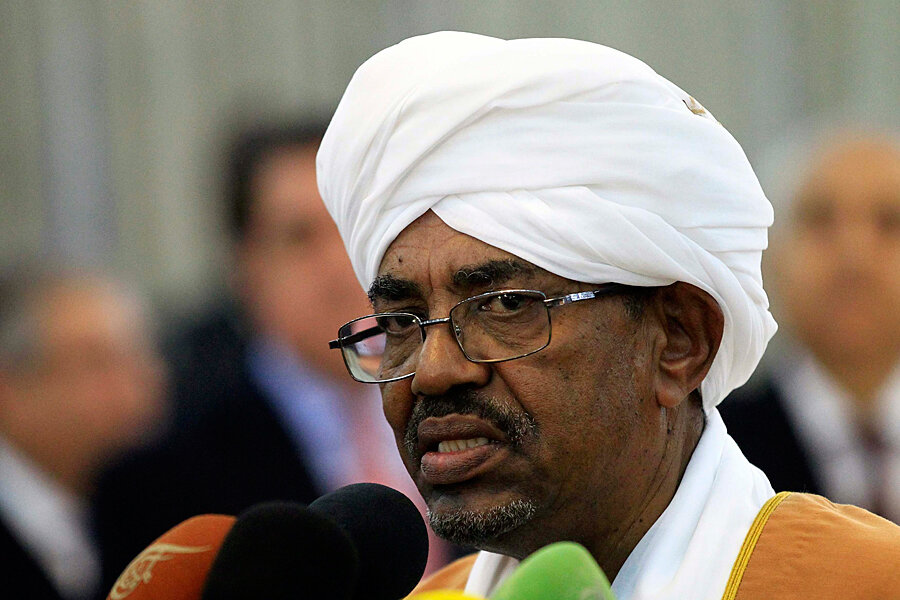As Africa considers war crimes court, leaders want immunity
A version of this post appeared on Africa in Transition. The views expressed are the author's own.
African elites generally do not like the International Criminal Court (ICC) that sits in the Hague. There is a widespread view that the ICC engages in selective prosecution and holds African leaders to a higher standard than others.
Africans ask why the ICC prosecutes Kenya’s president, Uhuru Kenyatta, but not former vice president Dick Cheney or former prime minister Tony Blair for Iraq-related issues, for example.
There have been calls for immunity for African heads of state that are wanted for international crimes: The ICC cases against President Kenyatta and Deputy President William Ruto have particularly focused the debate, and Kenya may withdraw from the Treaty of Rome, which established the ICC.
For many Africans, the solution is a specifically African court that would, in effect, replace the ICC. The African Union is moving to establish an African Court of Justice and Human Rights, commonly called the African Court. But at an African heads of state summit in Equatorial Guinea on June 26 and 27, the decision was made to grant African heads of state and senior officials (not further defined) immunity from prosecution for genocide, war crimes, crimes against humanity, and other serious crimes.
Under this provision, the African Court could not try Sudan's Omar al-Bashir, or Mr. Kenyatta or Mr. Ruto of Kenya.
This step, obviously self-serving for sitting heads of state and their associates, would appear to eviscerate the African Court before it even starts to function. It certainly reduces the African Court‘s credibility as an alternative to the ICC.
As Amnesty International (among other civil society voices) said, the decision “is a backward step in the fight against impunity and a betrayal of victims of serious violations of human rights.”
The Institute for Security Studies notes the absence of protest from Africa’s “liberal voices,” especially South Africa; observing that “only little Botswana has raised objections.”






